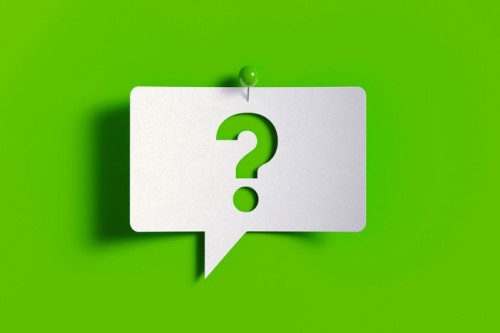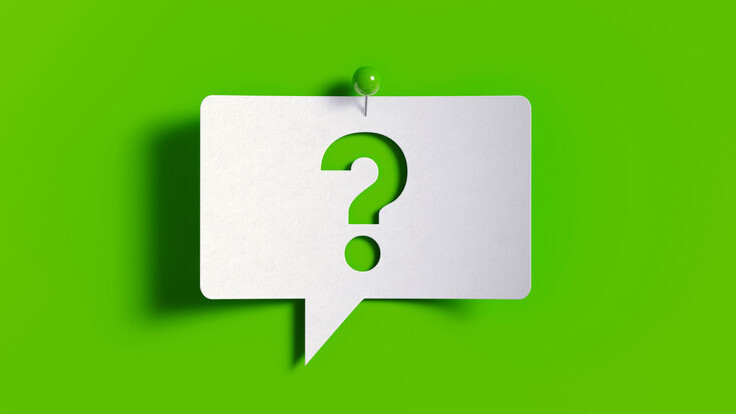
posted 15th November 2021

What is the point of free speech?
This should be an easy question for debaters to answer. Debating itself is predicated on free speech; it’s all about the free, unrestricted exchange of views. A debate where only one side of the case could be put would not be much of a debate.
This free exchange of views has a value beyond school debating clubs. It is one of the founding principles of democracy.
Why do democracies value free speech?
1. Because it is a benefit for citizens
Free speech is one of the benefits that a democracy confers on its citizens: a key difference between democracy and dictatorships is that people in democracies can say what they think without fear of consequences. This makes them nicer places to live in. No one likes being silenced. A world where you are worried that you may lose your job or be sent to prison for saying the wrong thing is not somewhere you want to live.
2. Because it makes democracies work better
It is also, however, one of the ways in which a democracy functions more effectively. A free exchange of views is more likely to lead to effective decisions being made. Why? Because all the options will be given a hearing; bad ideas will be exposed and rejected; good ideas will be made better by being refined. (All the things that you learn how to do in debating, in fact.) If those in power make mistakes, they will be challenged and corrected, and we will be better governed as a result.
So, free speech is an unambiguously good thing. It makes us happier, and it makes society run better. We can’t get too much of it, surely?
Not quite. There might be times when free speech is not a good thing.
There are restrictions, after all, to free speech in a debate. You’re only allowed to speak when it’s your turn, and only for a limited period of time. You are allowed to challenge what someone else is saying, but only in unprotected time, and not if they don’t take your point of information. You’re only allowed to talk about the subject of the motion. You’re not allowed to make personal attacks on the other side.
So, some restrictions of speech are necessary in a debate. They are also necessary in the wider world. Free speech may need to be restricted, for example, when:
- It threatens violence
- It threatens our security
- It is monopolised by those with wealth or power
- It spreads damaging untruths
- It causes offence
The difficult questions are: what restrictions? Who imposes them? When? How?
All these questions are matters for debate. We will be looking at them in future posts.
Motions that go with this post:
- This house would abolish all censorship
- This house believes that free speech is the highest good
- This house opposes all restrictions to free speech





